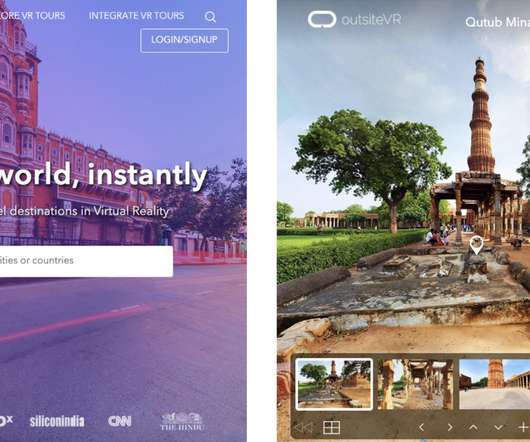More Training Won’t Reduce Your Cyber Risk
Harvard Business
NOVEMBER 24, 2017
How many times have you had to watch your company’s latest cybersecurity training video? An entire industry now exists to train us humans to be smarter in how we operate computers, and yet the number of cybersecurity incidents continues to rise. Are we impossible to train? Are the hackers always one step ahead?
































Let's personalize your content